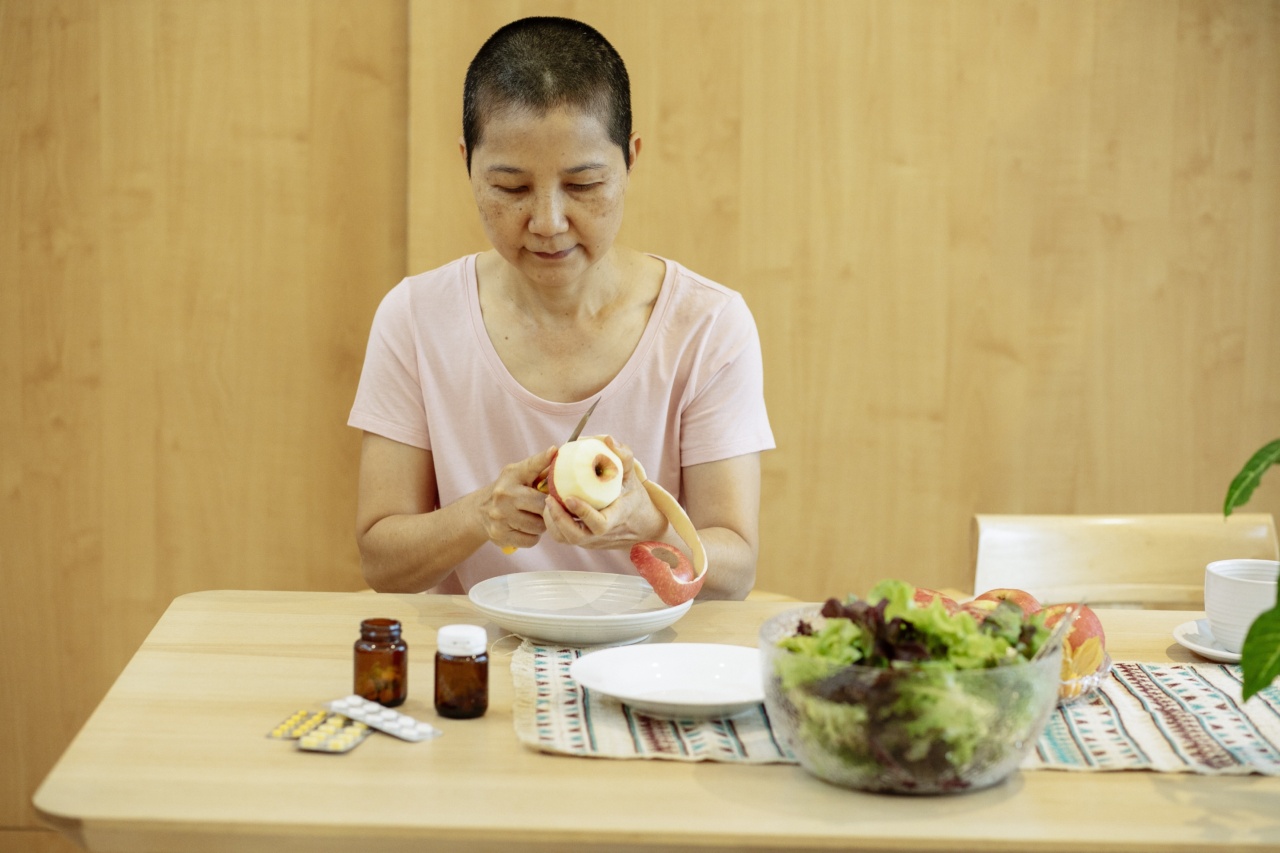Cancer is a devastating illness that has affected millions of people worldwide. It can be caused by a variety of factors including genetics, lifestyle choices, and environment.
While some causes of cancer may be beyond our control, there are certain steps we can take to reduce our risk. One such step is through strategic meal planning. In this article, we will explore how meal planning can reduce the risk of cancer and provide tips for developing a strategic meal plan.
What is Strategic Meal Planning?
Strategic meal planning is the process of planning and preparing meals that are nutritious and balanced. This means choosing foods that are rich in vitamins, minerals, and other nutrients that are essential for maintaining good health.
A strategic meal plan also includes selecting foods that are low in saturated fats, cholesterol, and added sugars, as these can contribute to the development of cancer.
How Strategic Meal Planning Reduces Cancer Risk
Research has shown that certain foods and nutrients can help reduce the risk of cancer. By incorporating these foods into a strategic meal plan, we can reduce our risk of cancer and improve our overall health.
Foods to Include in a Strategic Meal Plan
Here are some examples of foods that can help reduce the risk of cancer:.
- Fruits and vegetables – These are rich in antioxidants, which can help prevent cellular damage that can lead to cancer.
- Whole grains – These contain fiber, which can help reduce the risk of colon cancer.
- Lean protein – Fish and poultry are good sources of lean protein, which can help reduce the risk of colon and breast cancer.
- Beans and legumes – These are rich in fiber and can also help reduce the risk of colon cancer.
- Healthy fats – Olive oil and nuts are good sources of healthy fats, which can help reduce the risk of breast cancer.
Foods to Avoid in a Strategic Meal Plan
Here are some examples of foods that should be avoided in a strategic meal plan:.
- Saturated fats – These can contribute to the development of cancer, particularly colon and breast cancer.
- Processed meats – These are high in saturated fats and should be avoided.
- Added sugars – These can contribute to weight gain, which is a risk factor for cancer.
- Alcohol – Too much alcohol can increase the risk of breast, liver, and colon cancer.
Tips for Developing a Strategic Meal Plan
Here are some tips for developing a strategic meal plan:.
- Plan ahead – Take time each week to plan out your meals and snacks.
- Shop smart – Make a list of the foods you need and stick to it when you go grocery shopping.
- Cook at home – Preparing meals at home allows you to control the ingredients and portion sizes.
- Use herbs and spices – Instead of adding salt and butter, use herbs and spices to flavor your meals.
- Try new recipes – Experiment with new recipes that incorporate cancer-fighting foods.
Conclusion
Developing and following a strategic meal plan can be an effective way to reduce the risk of cancer. By incorporating foods that are rich in nutrients and avoiding those that can contribute to cancer, we can improve our overall health and well-being.
Remember to plan ahead, shop smart, and experiment with new recipes to keep your meals interesting and nutritious.




























